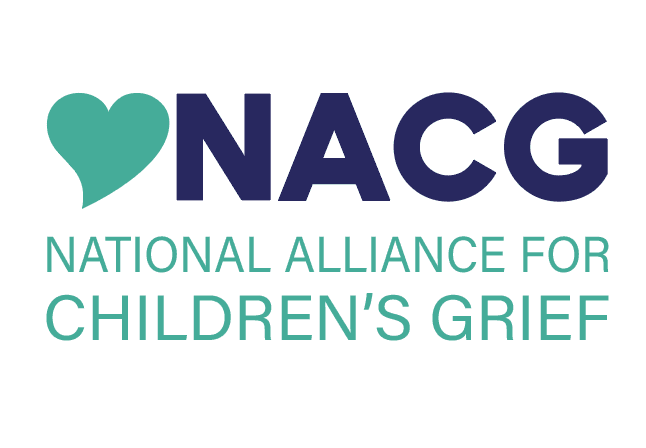
Navigating the complexities of grieving the loss of a loved one involves acknowledging that difficult emotions are a natural part of the process. However, prolonged experiences of these emotions can have lasting impacts on one's overall well-being. Questions such as, "When will I feel okay again?" and "How long until I start feeling better?" often linger, highlighting the complexity of the grieving process. Releasing such emotions requires one to willingly let go of attachments to the past or expectations for the future and embracing the present moment. To facilitate this journey, it is essential to engage in understanding and processing these feelings.
Here are some tips to help you navigate the path toward healing:
Expression of Emotions: Finding ways to express your emotions is crucial for releasing them. You may notice that when you are holding in certain emotions, they become all that you can think about, and they tend to build up inside only making you feel worse. By finding an outlet for your emotions, you can allow yourself to process your grief. Some examples include talking to a loved one, journaling, engaging in creative expression, and exercising. Allow yourself to feel your emotions, even when they may be difficult. Feeling is the first step to healing.
Rituals for Remembrance: The activities you use to express your emotions can also be used to commemorate your loved one, creating a ritual to remember them. While letting go of difficult emotions does not mean forgetting your loved one, creating rituals of remembrance can help honor their memory. These rituals are different for everyone but can involve celebrating important dates or participating in any activities that hold sentimental value for you.
Acceptance: One of the main goals of processing grief and loss is acceptance. Acceptance does not need to mean liking or enjoying the difficult emotions that arise, but acknowledging them for what they are. Holding onto or pushing away negative emotions can prolong the grieving process. Studies show that accepting difficult emotions can protect against prolonged depressive symptoms. Try practicing mindfulness exercises to increase presence and accept reality.
Connection: Isolation can intensify negative emotions associated with the grieving process. Try surrounding yourself with a supportive network of friends, family, or a grief support group. Connecting with others can promote positive growth when you are grieving. Sharing your experiences and feelings with others who understand can provide comfort and a sense of belonging.
Self-Compassion can go a long way in processing these emotions. Taking your time as you work through these steps can help manage self-judgement in where you are in your grief. Each of us must remember, there is no timeline for our grief and some days might be more painful than others. Being kind to yourself by practicing these activities will allow you to grieve without judgement so above all, practice kindness to yourself.
The Children's Bereavement Center “CBC” is a 501(c)(3) nonprofit organization providing FREE grief support groups for all ages (4+). Lift From Loss® is a division of CBC providing support for young adults and adults. For additional resources, visit our website at www.childbereavement.org. To register for our free virtual grief support groups, call us at (888) 988-5438 or e-mail support@childbereavement.org.










